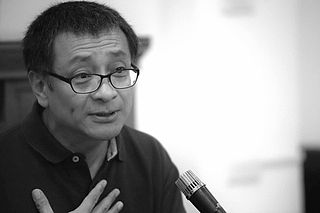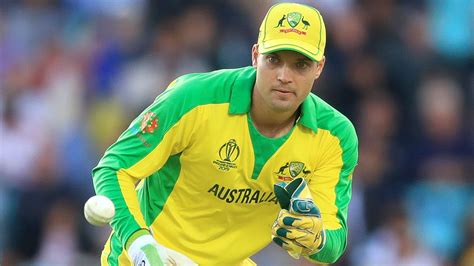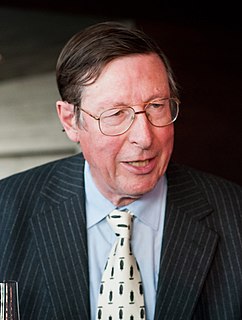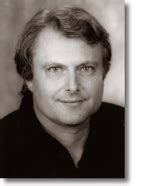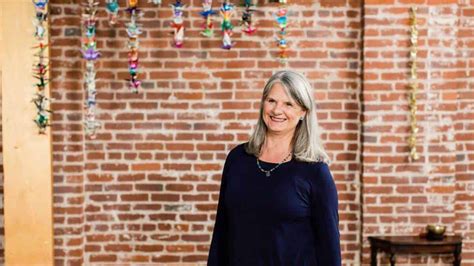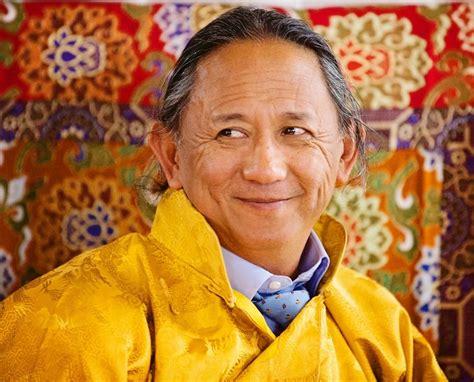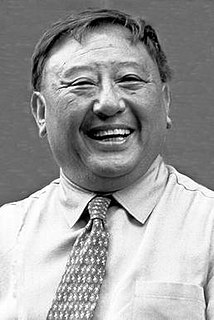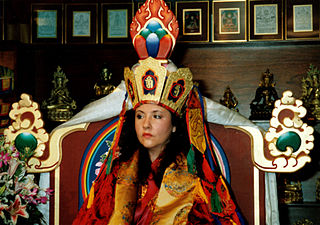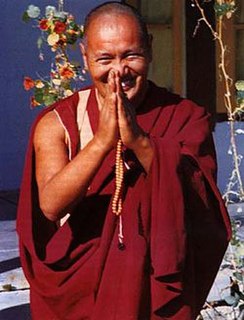A Quote by Dzogchen Ponlop Rinpoche
We actually need intelligent doubt and skepticism; they protect us against mistaken views and propaganda.
Quote Topics
Related Quotes
There are many different kinds of doubt. When we doubt the future, we call it worry. When doubt other people we call is suspicion. When we doubt ourselves we call it inferiority. When we doubt God we call it unbelief. When we doubt what we hear on television we call it intelligence! When we doubt everything we call it cynicism or skepticism.
What should we think of someone who never admits error, never entertains doubt but adheres unflinchingly to the same ideas all his life, regardless of new evidence? Doubt and skepticism are signs of rationality. When we are too certain of our opinions, we run the risk of ignoring any evidence that conflicts with our views. It is doubt that shows we are still thinking, still willing to reexamine hardened beliefs when confronted with new facts and new evidence.
Those people who say that America is finite are some sense right. The environmental movement, for example, has a great wisdom to it: we need to protect, to preserve, to shelter as much as we need to develop. But I think this always has to be juxtaposed against the optimism of old, which is now represented in part by immigrants. I would like to see America achieve a kind of balance between optimism and tragedy, between possibility and skepticism.
It doesn't make sense. [Republicans are] not for us. You're not for my values. We're working class people mostly and blue collar. We're your cops, we're your firemen, we're your carpenters and the things we need - we need to protect our unions, we need to protect our Medicare, we need to protect the working class person.
The idea that the State is capable of solving social problems is now viewed with great skepticism - which foretells a coming change. As soon as skepticism is applied to the State, the State falls, since it fails at everything except increasing its power, and so can only survive on propaganda, which relies on unquestioning faith.
As Colin Wilson has written, "modern civilisation, with its mechanised rigidity is producing more outsiders than ever before-people who are too intelligent to do some repetitive job, but not intelligent enough to make their own terms with society." Those "intelligent enough" to make their own terms with society are what we will later refer to as artists of life. The outsider views himself as a product of a culture he rejects-the artist views himself as a culture-builder.
